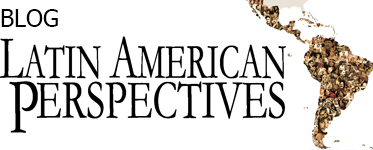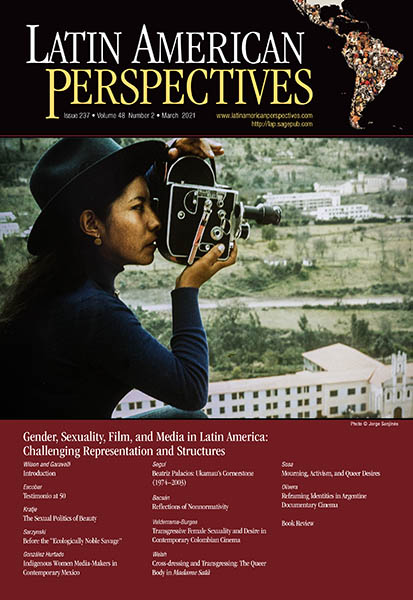Blog Exclusive – Latin American and Caribbean tie-breaker
written by Félix Pablo Friggeri y Angélica Remache López The description of the regional situation and its integration process has gone through a series of conceptualizations with diverse political intentions. We propose a characterization based on the concept of “catastrophic tie,” seeking to highlight elements that may be studied prospectively, considering recent events. These include aspects of the electoral processes and popular demonstrations that have taken place in recent times. We raise the question of whether we are moving towards the possibility of a resumption of the predominance of popular governments and regional integration processes.Regional catastrophic tie We understand that there are two mistakes in the interpretation of the Latin American-Caribbean regional reality, it is, therefore, important to overcome those in order to understand the current situation and generate an analysis that serves as the source of the political debate oriented to respond the popular needs and popular struggles of our region. In the face of the relative predominance of popular governments in at least part of the first two decades of this century, the idea that we had entered a “post-neoliberal era” resonated throughout the continent. Some studies used this term, which had accurate elements of the analysis [...]




